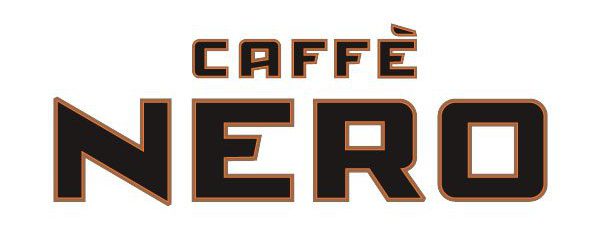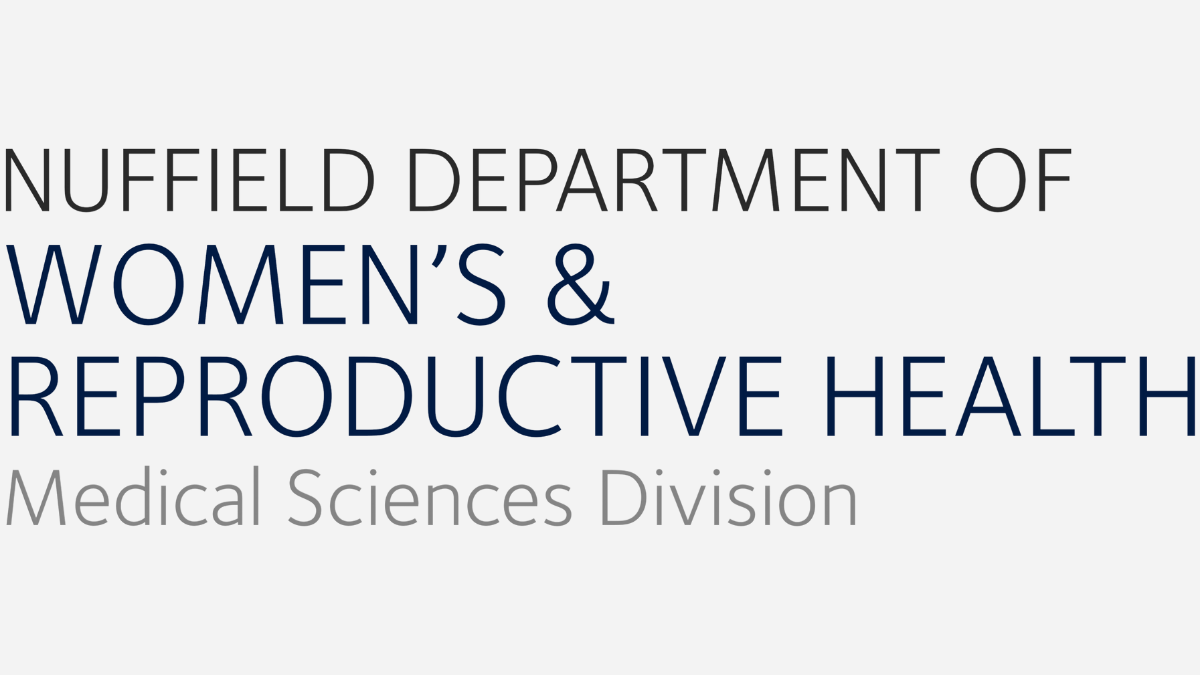Helen Rust, Head of Learning & Development at Caffé Nero, explains how employees drive demand for self-development using McQuaig.
‘People are crucial to our success,’ says Helen, ‘because they create a very specific atmosphere. This makes you want to have a leisurely talk over a cappuccino in one of our stores, rather than another.’
The Issue
‘We wanted to create more self awareness among our 35 area managers. They’re important in creating and ensuring we retain standards of service in our stores.
“They need to be aware of how they affect other people and what their personal skills are.
“So, I started by looking for a development tool. The McQuaig Self Development Survey® impressed me because it communicates clearly.
“You need a PhD to understand reports from some instruments and they merely provide a description of somebody’s personality or skills.
“The McQuaig report gives you action points depending on the area you want to develop. I felt it would win people over”.
The organisation
You’ll recognise Caffe Nero from many British high streets. Its brand is instantly recognisable (it won the British Design Council Award in 2000).
Founded in 1997, Caffe Nero is now the largest independent coffee retailer in the UK with 3000 employees and 380 stores. Success with its initiative in Turkey has led to more international expansion plans.
Underlying this success is a very precise vision. ‘Walk into some coffee chains and you’d think you were in a fast food outlet: they’re the same whether they’re in a city centre or a county town, at 8am or 5pm. We adapt to where we are and reflect the time of day our customers drop in.
‘Our desire is to create a genuine European coffee house feel. Our people have to share certain attributes: warmth; a welcoming friendly attitude; a positive outlook on life to create this feel.
Whereas managers in some organisations have to argue strongly for any spend on people development, this is not the case at Caffe Nero.
‘The MD is a huge supporter of people development. Assessment was a special case as it had been used in recruitment some years ago and there were bad vibes about the whole area. We had to overcome that.’
The process
‘We started gradually. I quickly filled in the survey and got feedback to understand the experience. Then I asked a selection of internal and external people to fill it in. A buzz started: other people started asking if they could fill it in.
“They started discussing their results, swapping reports – once they’ve bought into the idea, people like these sorts of assessments.
“McQuaig also became part of a previously task-focused appraisal interview.
“I fed back to the area managers when regional managers were present so more senior colleagues started getting interested in the process. As you can see, we didn’t lay down a system. We let use grow organically and people’s own enthusiasm made it a success.”
Next stages
‘To be honest, it has started to affect more areas than I imagined. We are just starting out on some research to create a store manager profile that we can use in recruitment.
“McQuaig is being used in development with head office staff. We can address two different goals with the same tool, the same vocabulary, con-cepts and models. This means we can move more quickly and have a greater effect.’
The Effects
‘This is new to us. We didn’t set out with precise targeted outcomes but it has already improved our appraisal system and started developing areas that are essential to our success in different ways.
“Three further points are worth making. First, we employ over 66 nationalities and one of our concerns was whether McQuaig® could cope with this diverse workforce. It can.
‘Second, in a recession L & D activities often get cut. Our unlimited usage licence means we can continue to use McQuaig® with no additional cost during a time when other companies are cutting back. This is great because the exercise is developing and, if we cut back now, we wouldn’t see the full benefits. Keeping going means we’ll get the most out of it.
‘Finally, it’s had an effect on me. Working with and feeding back the reports has taught me huge amounts about people at work. It’s improved my skills“.









